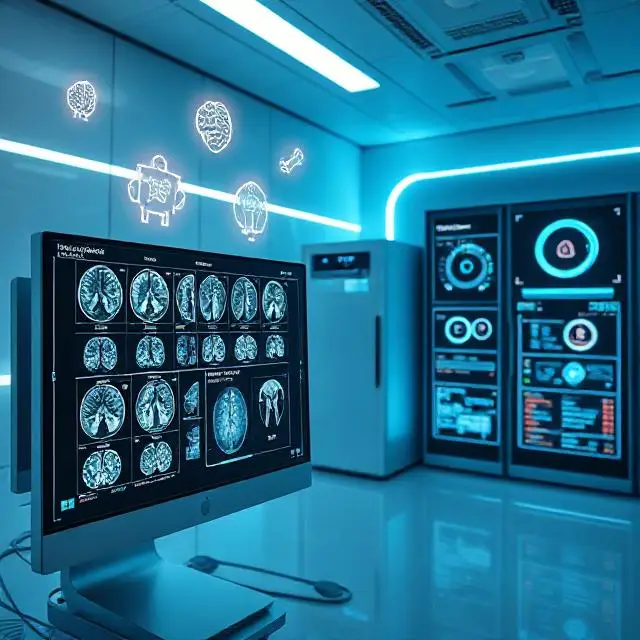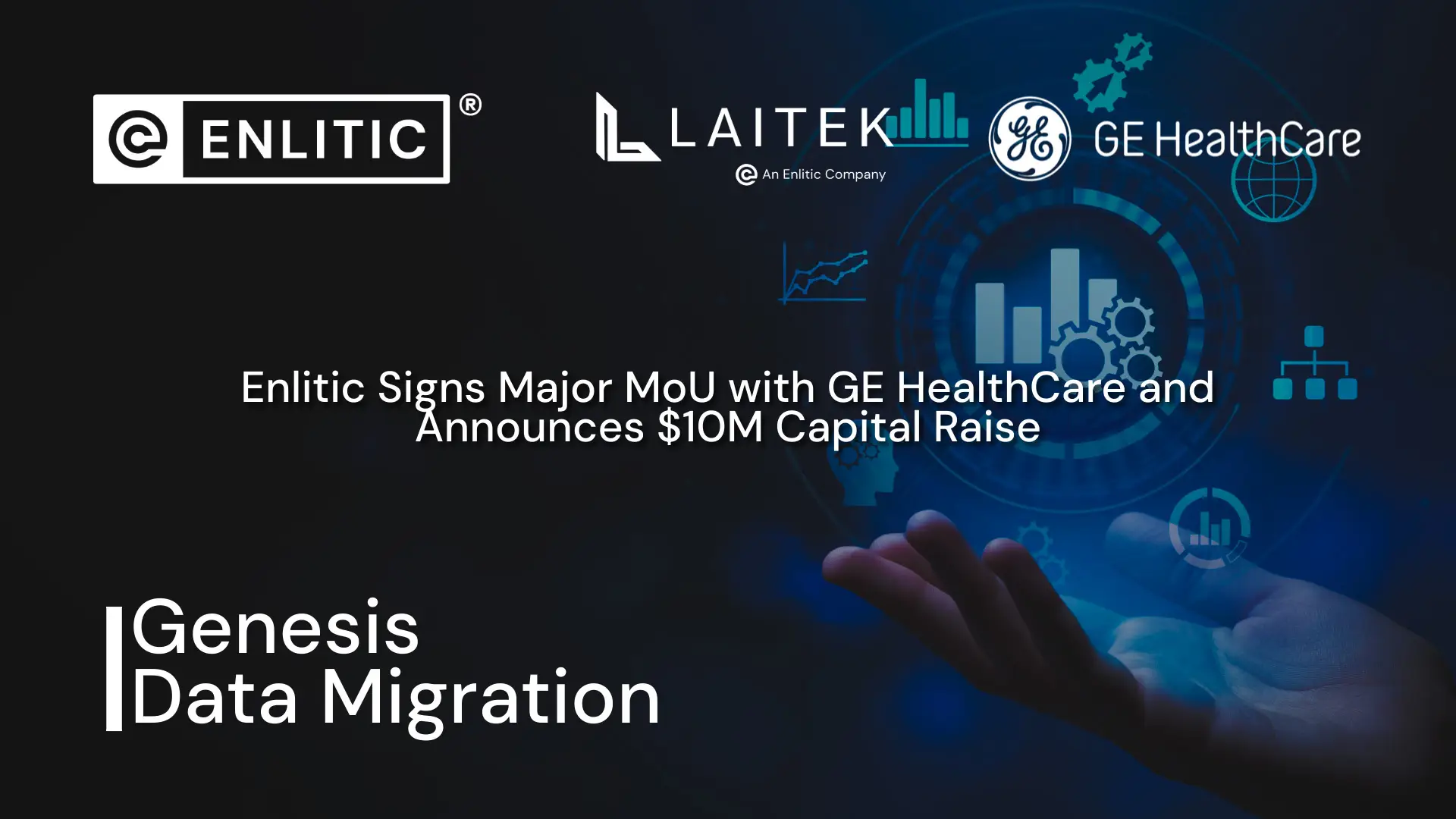Healthcare data includes a lot of protected health information (PHI) and other data important for healthcare providers to care for their patients. A solid data management strategy is important because it can help improve patient care, ensure regulatory compliance, increase efficiency, support research, and reduce costs.
The Radiology Information Systems (RIS) or Picture Archiving and Communication System (PACS) Administrator are typically the folks in charge of the data management systems in the radiology department. They work to ensure adherence to the principles of data management in medical imaging systems.
The 3 principles of data management as they relate to healthcare are:
Confidentiality:
Confidentiality is a critical principle of healthcare data management because it ensures that patient information remains private and is not shared with unauthorized individuals or entities. This means that healthcare organizations must implement appropriate security measures, such as access controls, data encryption, and anonymization to protect patient data from being accessed or used inappropriately. Confidentiality is particularly important in healthcare because patients often share sensitive information about their health and medical history with their healthcare providers, and they expect this information to be kept confidential.
Integrity:
The principle of data integrity in healthcare means that healthcare organizations must ensure that patient data is accurate, complete, and reliable. This involves implementing appropriate data management processes, such as data validation and error checking, to ensure that data is entered correctly and maintained accurately over time. Data integrity is critical in healthcare because inaccurate or incomplete data can lead to medical errors, misdiagnoses, and ineffective treatments. In addition, complete and clinically relevant data is of high value to research and pharma, and innovation companies that work to improve healthcare overall.
Availability:
Availability is another important principle of healthcare data management because it ensures that patient data is accessible when it is needed. This means that healthcare organizations must implement appropriate backup and recovery processes to ensure that data is available in the event of a system failure or other disaster. Availability is critical in healthcare because patient data is often needed quickly in emergency situations, and delays in accessing this data can lead to poor outcomes for patients.
By following these principles, healthcare organizations can ensure that patient data is protected, accurate, and available when needed for patient care, research, and other purposes.
Enlitic has created tools that come packaged in the Enlitic Ensight 2.0 framework to create data governance with clinical, meaningful labels and descriptions in medical image studies. It then allows for studies of an organization’s choice, to be anonymized while that clinical information remains intact and validated every step of the way. The benefits Curie brings to an organization include a guaranteed ROI and executives can improve their system.
Learn more today by scheduling a call with one of our product experts.








